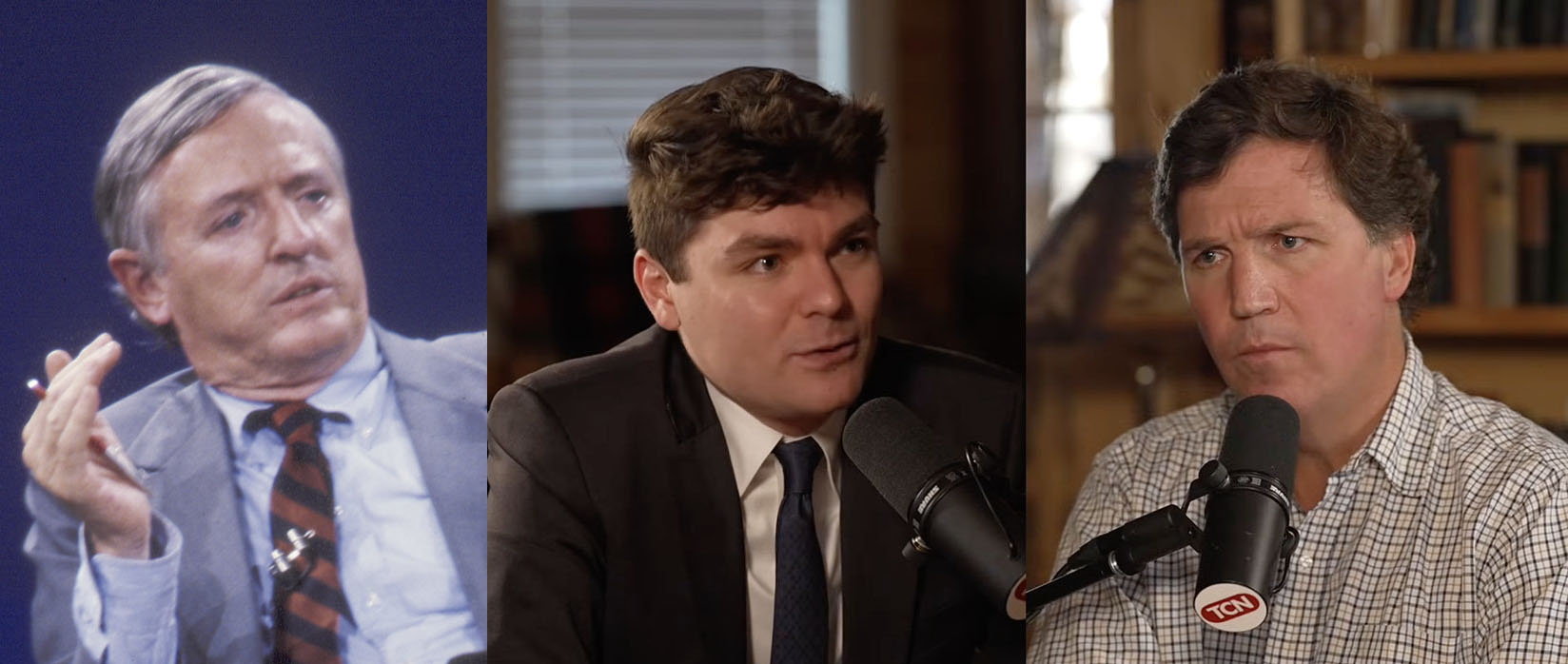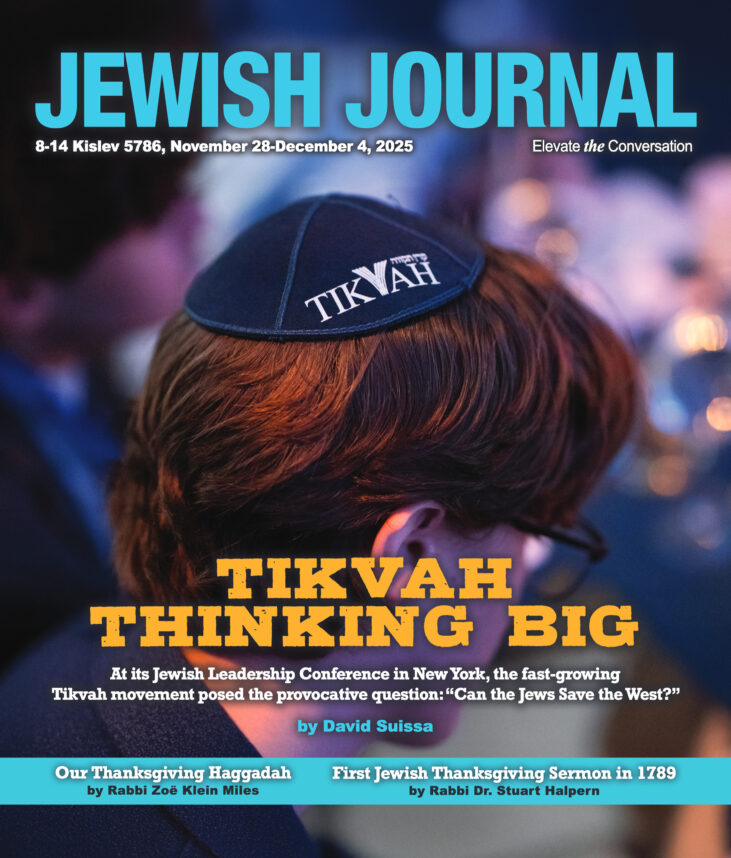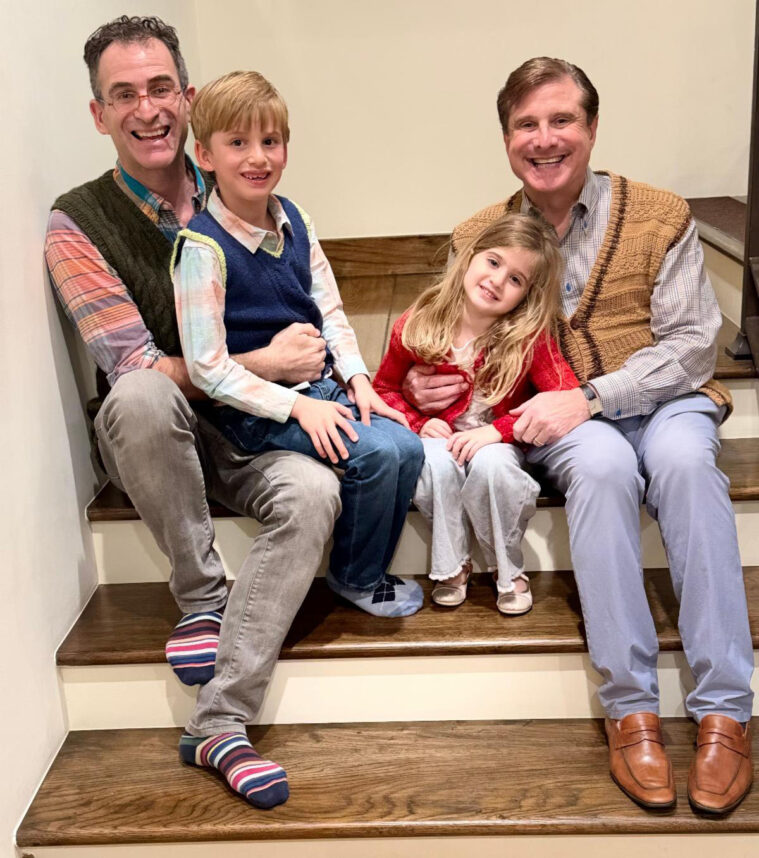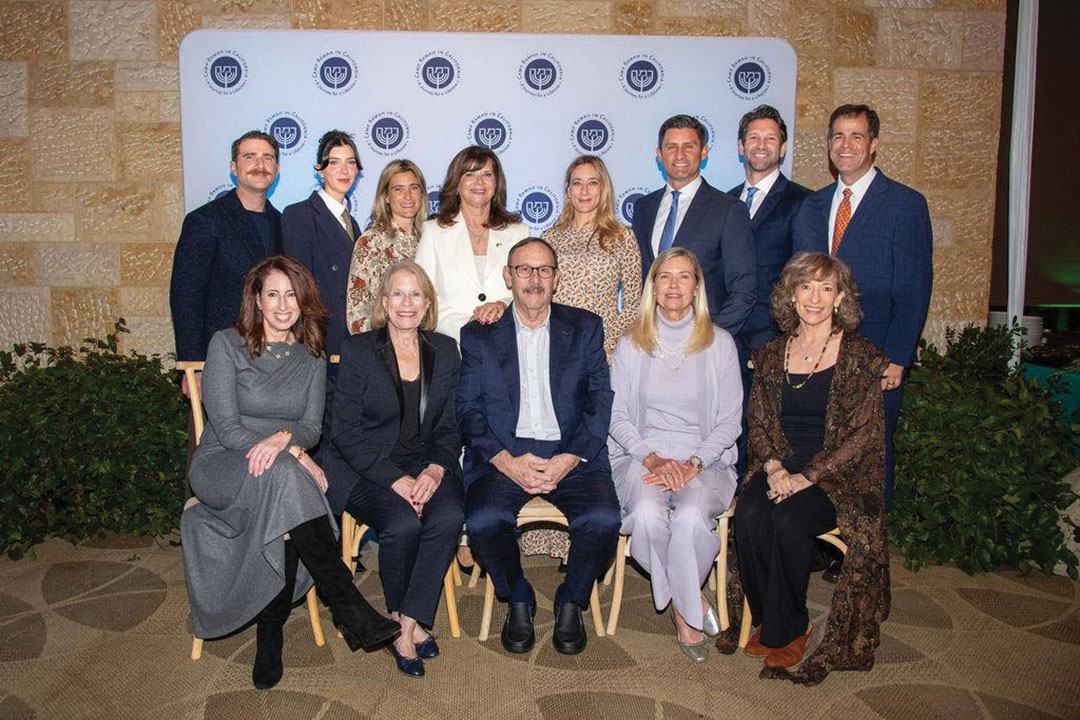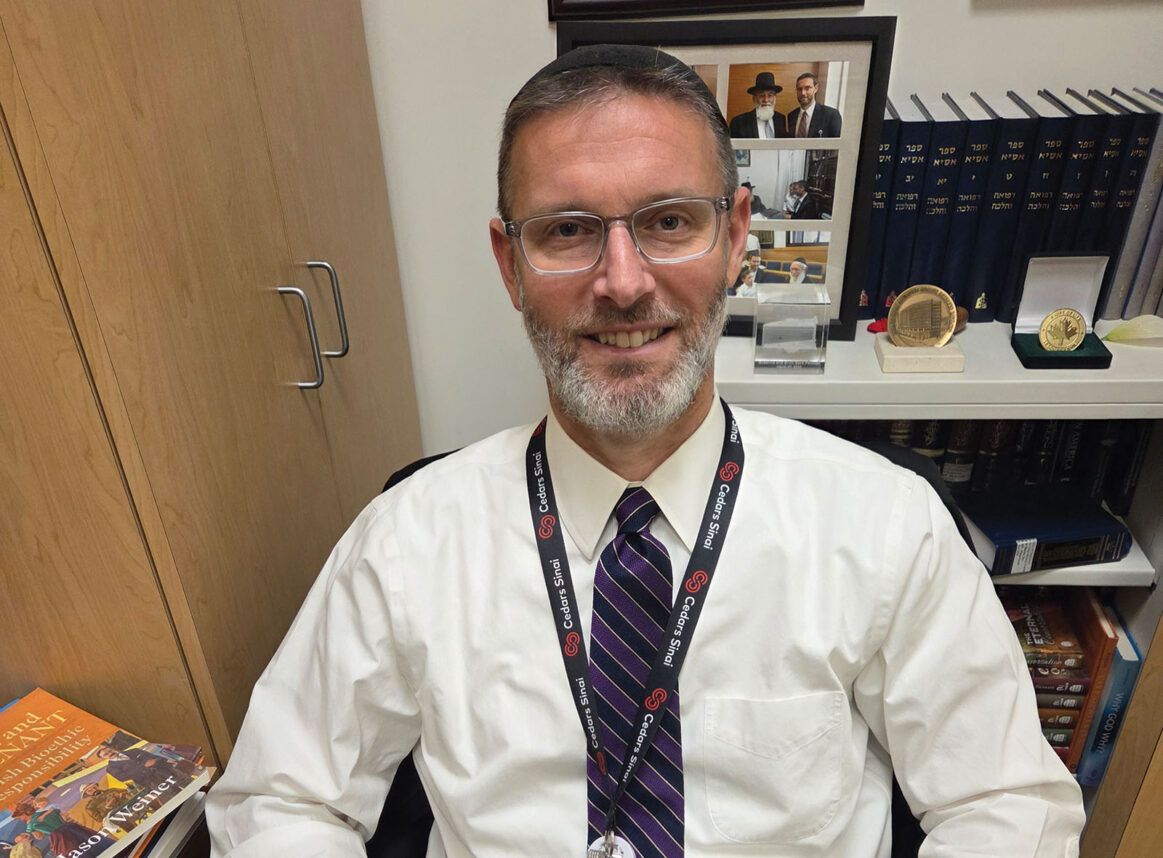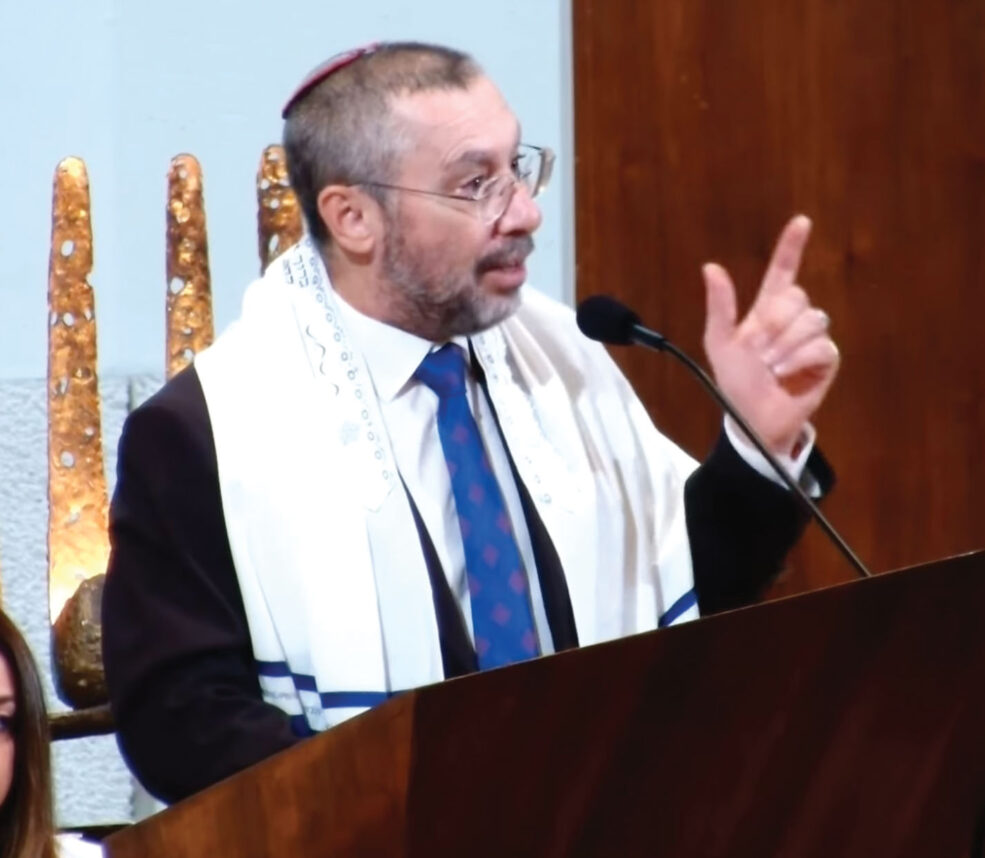Once upon a time, Marvin Hier, an Orthodox rabbi and founder of the Simon Wiesenthal Center, decided to make a documentary film about the Holocaust.
Never mind that Hier had never attended a film class because there were none in his yeshiva’s curriculum. However, he had watched such screen heroes as Tom Mix and Clark Gable on Sundays at the Palestine Theater or New Delancey Theater on New York’s Lower East Side.
Neither did Hier have any experience as a screenwriter, but he had penned many sermons — so what could be so difficult?
The film, titled “Genocide,” opened in January 1982 at the Kennedy Center in Washington at a festive premiere, with Frank Sinatra as chairman of the evening.
The film’s credits, which would have turned any Hollywood mogul green with envy, read:
Narrated by Elizabeth Taylor and Orson Welles; introduction by Simon Wiesenthal; original music score composed and conducted by Elmer Bernstein and performed by the Royal Philharmonic Orchestra; written by [British historian] Martin Gilbert and Rabbi Marvin Hier; adapted for the screen and directed by Arnold Schwartzman; produced by Schwartzman and Hier.
“Genocide” went on to win a 1982 Academy Award for best documentary feature, the first for a documentary on the Holocaust and the first Oscar bestowed on a rabbi.
Or, as Jack Lemmon cracked to Walter Matthau as the kippah-wearing Hier approached the stage to accept the trophy, “In our days we had to go to acting school to win an Oscar, but now you have to go to a yeshiva.”
All this was accomplished on a minimal budget, after Hier, with characteristic persuasiveness — some might call it chutzpah — had convinced Taylor, Welles and Sinatra, three of the biggest stars of the day, to provide their services for free.
The Oscar presentation was on March 29, 1982, and the Wiesenthal Center film enterprise, now known as Moriah Films and boasting its own in-house studio, marks its birth on that date.
To commemorate Moriah’s 30th anniversary this week, Hier and executive producer Richard (Rick) Trank took a look back at what they had wrought.
The incident Hier recalled most vividly about “Genocide,” and the genesis of his film career, is the matter of Liz Taylor’s dress.

Arnold Schwartzman, left, and Rabbi Marvin Hier receive the Academy Award in 1982 for the film “Genocide.” Photos courtesy of Moriah Films
As part of the buildup and fundraiser for the film, the Wiesenthal Center organized a gala Sunday dinner in 1981 for a thousand supporters at the Century Plaza Hotel.
Early that day, Hier received a phone call from a distraught Taylor, with the devastating news that she would be unable to attend the dinner because, said Hollywood’s most glamorous star, “I have nothing to wear.”
Turned out that Taylor had left her banquet gown in Washington with her then-husband, U.S. Sen. John Warner, who had forgotten to send it to her.
Hier, envisioning riots by a thousand disappointed guests, suggested that Taylor might find something suitable in Los Angeles, but she replied that the kind of stores she patronized weren’t open on Sunday.
“Let me try,” pleaded Hier, “maybe someone on our board of trustees can help.
So he phoned an influential board member, Bill Belzberg, who in turn called Fred Hayman, the owner of Giorgio Beverly Hills, at his home. Hayman’s wife answered that Fred was taking a leisurely walk in the park.
Long story short, a search party found Hayman, he opened the store, called in some fitters, and Liz found an appropriate gown.
That evening, Hier introduced Taylor at the dinner and observed that nothing in his yeshiva training had prepared him for that day’s assignment.
Also in 1981, Trank, a young USC graduate, joined the Wiesenthal Center staff to innovate a regular radio program, which eventually was carried by 100 stations nationwide.
After “Genocide” came out, Trank, “flying by the seat of my pants,” transferred the film to home video, and then created his own short films for special Wiesenthal Center occasions.
By 1991, he had advanced to co-producer of “Echoes That Remain,” depicting Eastern European shtetl life before the Holocaust, then executive producer of “Liberation,” about Europe during World War II.
“The Long Way Home,” about the struggle of postwar refugees to reach Palestine, brought the Wiesenthal Center its second Oscar, in 1997, accepted by Hier and Trank.

Ben Kingsley, center, with Rabbi Hier and Richard Trank at the London sessions for “Winston Churchill: Walking With Destiny.”
With growing experience, clout and confidence, Moriah Films expanded its range of subjects, with Hier and Trank generally sharing production and writing credits and Trank as director.
Following “The Long Way Home” came the following documentaries:
“In Search of Peace: 1948-1967” on Israel’s peace efforts; “Unlikely Heroes” on Jewish resistance to the Nazis; “Ever Again” on the resurgence of anti-Semitism; “Beautiful Music,” in which an American-Israeli musician teaches piano to a blind Palestinian girl.
Also, “I Have Never Forgotten You: The Life and Legacy of Simon Wiesenthal”; “Against the Tide” on Peter Bergson’s struggle to rouse America to action on the Holocaust; and “Winston Churchill: Walking With Destiny.”
Just completed and premiered is “It Is No Dream: The Life of Theodor Herzl,” with a pair of Academy Award winners, Sir Ben Kingsley and Christoph Waltz, as narrator and the voice of Herzl, respectively.
Next up is “The Prime Ministers,” based on Yehuda Avner’s 2010 book on Israel’s greatest leaders; the film is scheduled for release in spring 2013.
All the documentaries are narrated by top-ranked Hollywood or international actors, who, following the examples of Taylor and Welles in “Genocide,” work for free.
Even so, and with Moriah’s high production values, the average film comes in at about $1 million, with the Herzl documentary budgeted at a high of $1.2 million.
Although all Moriah films are eventually shown in commercial movie theaters, their main purpose is “to show turning points in Jewish history, not to make money,” Hier said. “The costs are underwritten by generous donors and board members.”
Among board members are Hier’s chief tutors on the movie business, Universal Studios President Ron Meyer and DreamWorks Animation chief executive Jeffrey Katzenberg.
Hier and Trank describe their working process as a true collaboration, with the rabbi praising his partner’s “tremendous role as director and writer,” and Trank describing Hier as “a great storyteller with a great [film] instinct.”
“The Prime Ministers” will be Moriah’s 13th documentary within 30 years, but now, with all that experience, archival footage and trophies, Hier and Trank want to pick up the pace.
“I would like us to do two or three films a year and end up with a library of 50 documentaries on the history and major experiences of the Jewish people,” Hier said.















